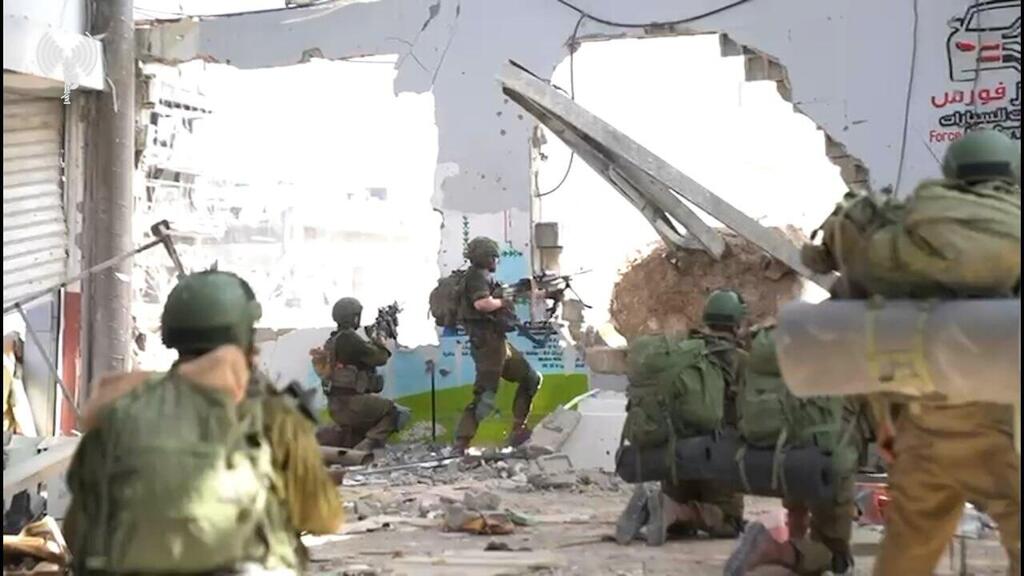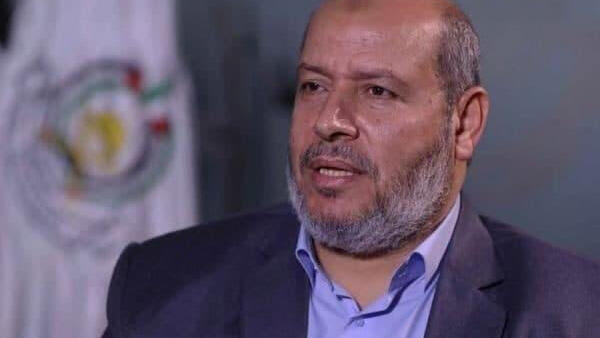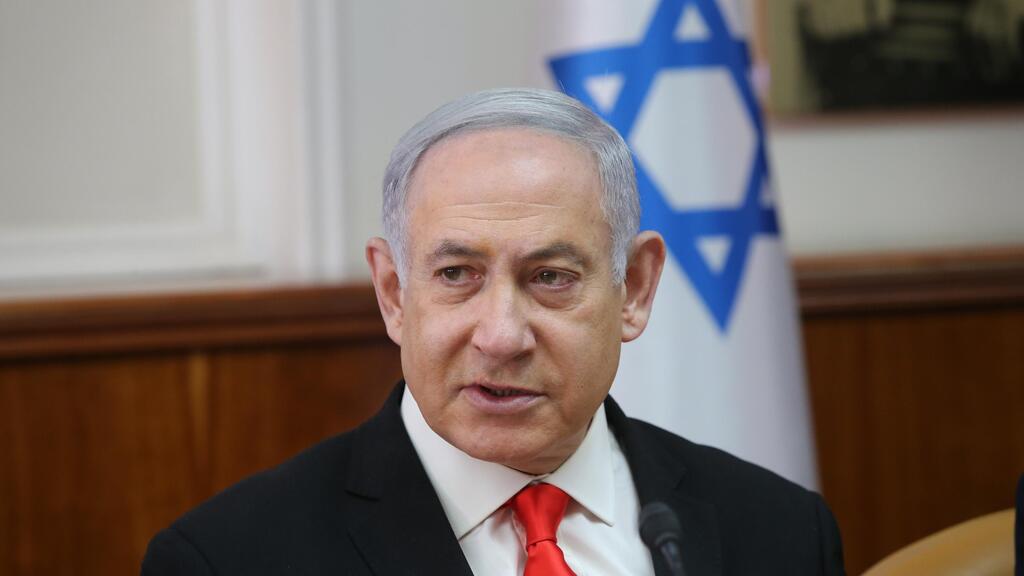Getting your Trinity Audio player ready...
Talks will resume in Cairo in efforts to secure a cease-fire and hostage release deal. Hamas officials led by Yahya Sinwar's deputy Khalil al-Hayya will travel to the Egyptian capital to meet with mediators and will be given the Israeli proposals for a troop reduction along the Philadelphi corridor including maps showing the proposed deployment.
Israel insisted on maintaining its forces along the Gaza-Egypt border area so that it could prevent any smuggling of weapons into the Strip by Hamas to rebuild its military capabilities.
According to reports in Egypt, Israel agreed to pull back from five of the eight security positions along the corridor as part of the cease-fire agreement with Hamas.
Israeli officials said that the arrival of the Hamas officials in Egypt and the agreement of the Egyptian mediators to present the Israeli proposal to them is a positive first step ahead of the resumption of the talks.
But Hamas is expected to reject Israel's demands and insist on a full withdrawal of Israeli troops. Senior officials of the terror group said Israel must also remove its military from the Netzarim corridor and allow the return of Gazans to the northern parts of the Strip, without limitations.
Saudi Arabia's Asharq said on Sunday Israel demands that Hamas release five hostages each week of the cease-fire, up from the previous demand of three hostages each week.
The Washington Post reported late on Friday that while there are still matters in dispute, all sides to the negotiations share the opinion that the U.S. was overly optimistic last week in its claims that a deal was within reach.
Prime Minister Benjamin Netanyahu said on Friday that he did not believe the current proposal would result in more than 12 live hostages being freed. He spoke to a group of women who were freed in the November cease-fire agreement and their families. The prime minister's assertion was likely based on the fact that although the proposal includes the release of all of the hostages, the details of the second phase of the agreement, which includes ending the war, have not been finalized.
Netanyahu was therefore trying to increase the number of hostages that would be freed in the first phase of the deal. Israel is also firm in its demand to maintain a military force on the Philadelphi corridor and along the Nezarim corridor and is also insisting on veto power over which Palestinian prisoners would be released from Israeli prisons as part of the deal.




